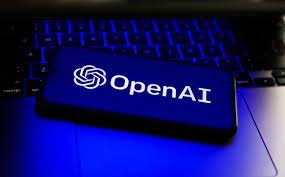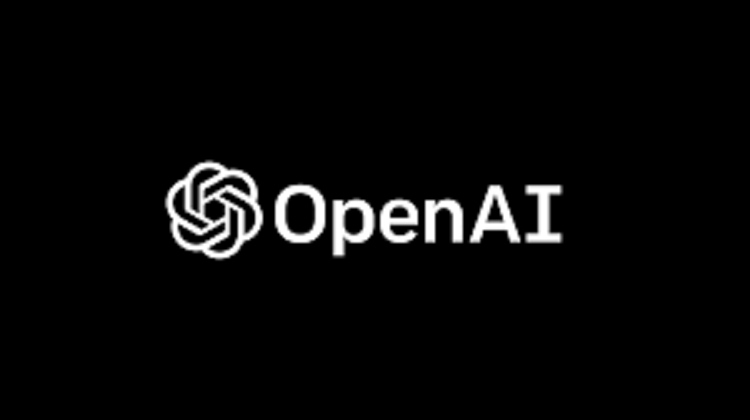A new Artificial Intelligence tool, ChatGPT, has raised concerns globally over its impact on education with its ability to produce high-quality essays with minimal human input.
ChatGPT is the latest chatbot from OpenAI, founded in 2015 by Elon Musk, Sam Altman and others, but has only been publicly available since November. It also generates text/answers on any subject in response to a prompt or query.

The new AI has already been banned across all devices in some public schools in the US due to concerns over its “negative impact on student learning” and potential for plagiarism.
While some institutions in Australia are considering returning to conventional pen and paper for examinations, others in the United Kingdom universities have been urged to review the way in which their courses are assessed.
According to the Guardian UK, ChatGPT has been described as “a gamechanger” that will prove a challenge in universities and schools. Though some exams are assessed through traditional end-of-course examinations, experts are concerned pupils who use the technology to do their homework will become dependent on AI-generated answers without acquiring the knowledge and skills they need.
Some students in Nigeria are already sampling the tool and using it to answer questions that would have required them to think.
While this is a problem, things also have to change on the part of schools to adapt to this technology and the way in which students are assessed, because if nothing is done, we may see a trend of the negative impact of this technology.
Schools and teachers can begin to redesign the way of assessments and improving detection strategies to not be deceived by students who will try to use the tool to answer all their test/examination questions.
Artificial Intelligence can actually help students learn, and indeed is already a part of the tools we use at work presently – so Teachers will need to adapt to it and students will need to be taught how to use it legitimately.
Credits: The Punch












